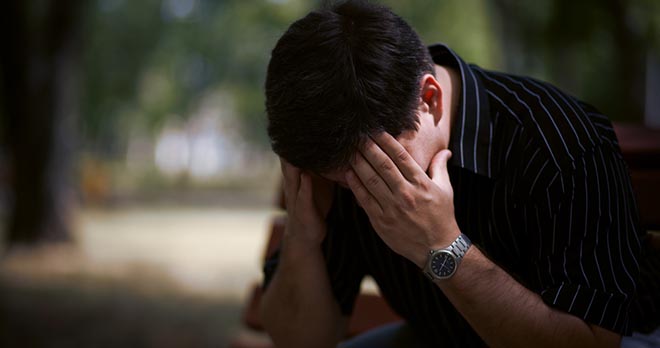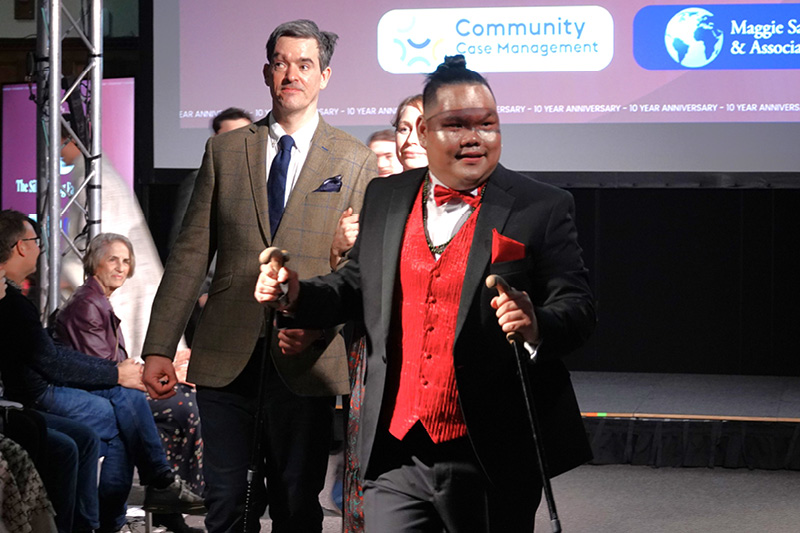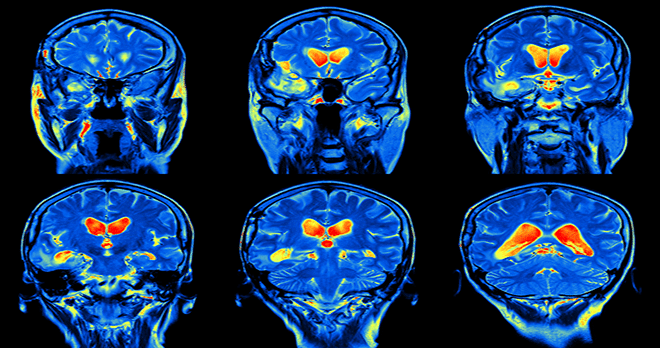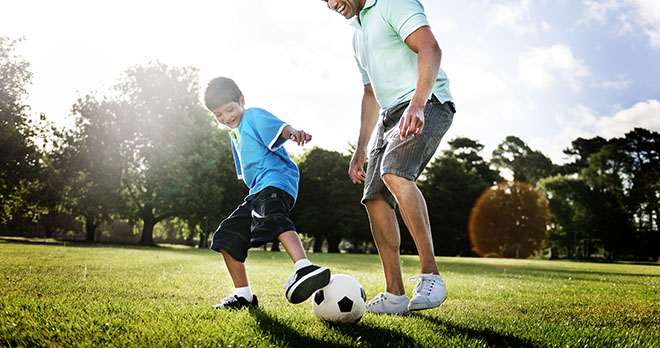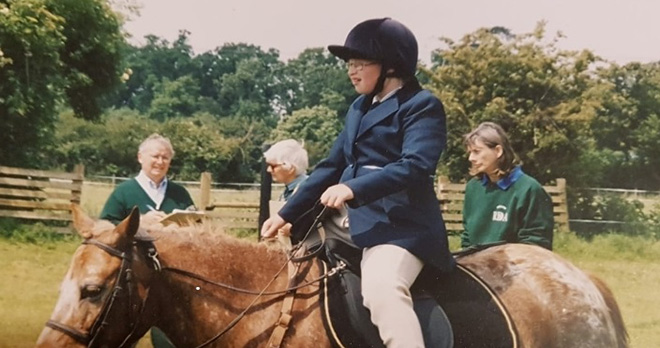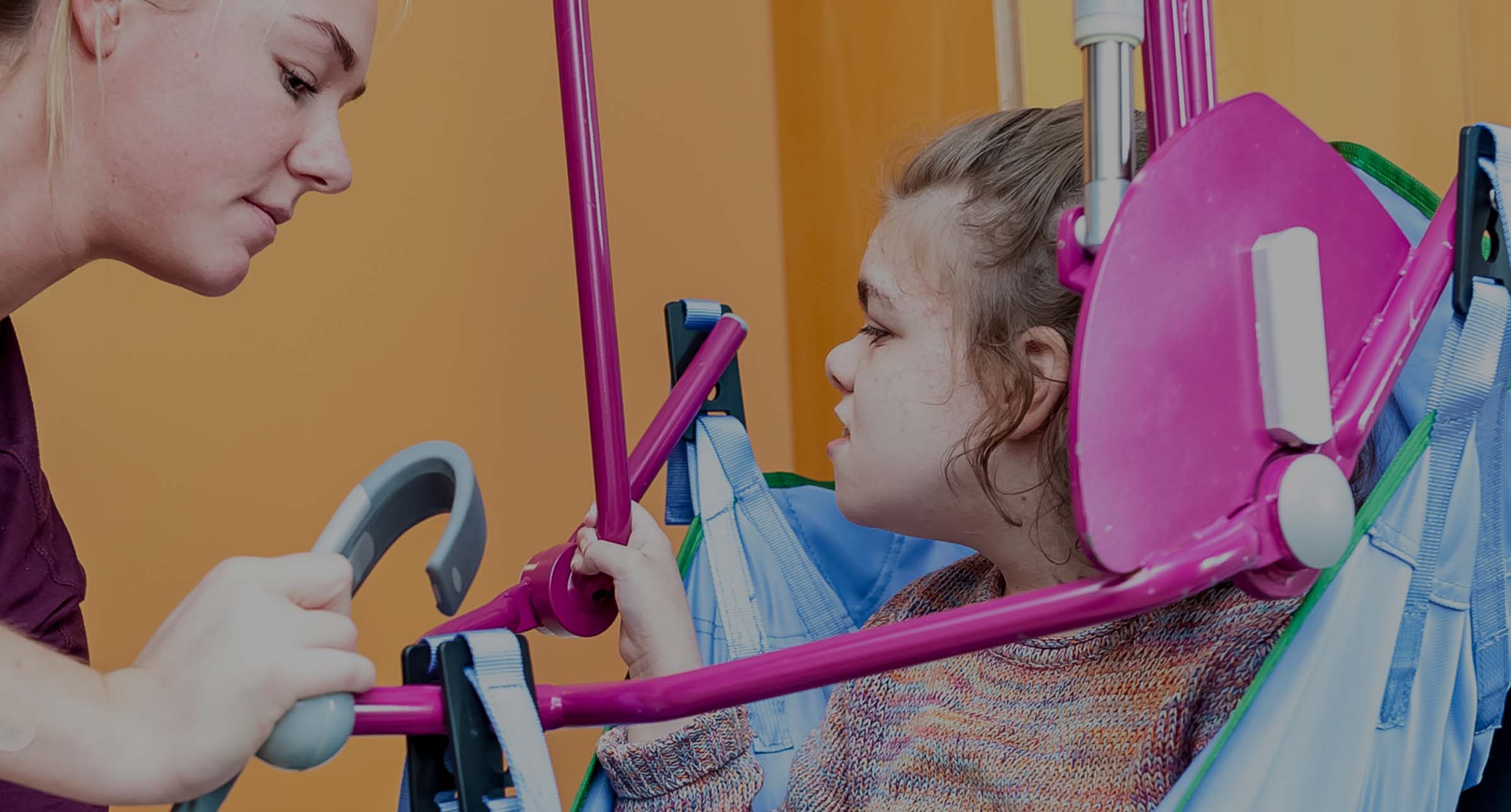How does someone’s gender, or sex, affect their experience of brain injury?
There’s a wealth of research into brain injuries but the majority focuses on male brains, the male experience and is written by men. What are we missing when we don’t consider women? What can we discover when we look at sex and gender?
It’s important before I begin to note the difference between sex and gender. Sex is the biological differences between men and women and gender is socially constructed ideas about human behaviour, such as masculinity and femininity.
In her book, Invisible Women, Caroline Criado Perez writes about how men are more likely to be involved in a car crash, but that when a woman is involved in a similar incident she is 47% more likely to be seriously injured than her male counterpart. This is due to the type of crash test dummies used when testing the safety of a vehicle. Hope Kent, a PHD researcher at Exeter University and representative of Pink Concussions in the UK, has said on this, “It is assumed that because a man is safe, we can make that [crash test dummy] smaller and a woman is just a mini man, and that is going to be safe for the woman as well which might not be the case”.
Women in the criminal justice system
Hope’s continuing research into the impact of someone’s gender on their experience of brain injury is an area that has only recently come to the forefront of the field. In a study at Drake Hall Prison that lasted from 2016 to 2018, The Disabilities Trust found that 64% of women screened had a history of brain injury and 62% of those sustained the brain injury as a result of domestic violence.
As Stuart found in his article on crime and brain injury, this prevalence of the condition amongst inmates is not new, but the impact of domestic violence on women is particularly striking. Historically, the “symptoms” of women who experienced partner violence were largely considered to be the result of their psychological trauma. Brain injury was not considered as an impact of violence; and these women were diagnosed with mental health issues. As Hope has also found in her research, brain injury can often lead people down a path where at present there are no safety nets, “If you are a young person with a brain injury there are a million possibilities. And if people don’t recognise that is what is going on for you; if the magistrate doesn’t know that and the judges don’t know, and your advocates don’t know, then it is really hard to explain some of that impulsive behaviour that might come about as a result of a brain injury”.
"...there is a real complex mix of factors which makes these women particularly vulnerable..."
Unfortunately, the prison and rehabilitation systems that follow are not helping women who find themselves in this position, as Hope explained to us: “Not only are [women] experiencing psychological trauma through domestic violence, they are also then experiencing brain injury and then being put into a prison. In the UK we don’t have that many women’s prisons so often they are going to be housed far away from their family, where they have children and their peer support networks. And then when we look to reintegrate that woman into the community it’s going to be hundreds of miles away. So that is going to be difficult to set her up with proper healthcare support, proper housing support, and support to move into a relationship if that is her decision so there is a real complex mix of factors which makes these women particularly vulnerable”.
Fortunately however, there is work being done to combat these issues. When speaking to Hope she explained that the Disabilities Trust and other organisations are helping to introduce link workers for those leaving the prison system. They are “a key worker who is specially trained in brain injury and in the small simple modifications that can make the world different for these women. So like memory techniques, appointment reminders, setting up more regular routines for the day like sensory noise reduction and just really simple techniques that calm things down and stop things from escalating”. So as with all areas of brain injury research right now, there are glimmers of hope and raising awareness of the issues has been a key spark.
Women in sport
Another area where research is coming into its own is sporting injury. Of course, the impact of repeated head injury on male rugby players has been the subject of much media attention in recent months and years, but the different impact upon women has not been so widely publicised.
Professor Willie Stewart is a specialist in head injury research at the University of Glasgow, and has led research into the specific impacts upon women. He has spoken previously to UK Parliament about women being at twice the risk of concussion than men when playing football.
"we should be treating it on the highest risk group and treating everybody as if they were a female athlete, because that is the safest way to manage rather than treating everybody as if they were a male athlete..."
“Nobody wants to be treating male and female athletes differently but we need to think about that because we are only going to start treating this seriously, treating it the way it should be, if we are managing it appropriately and if we are saying that you know there is a risk to female athletes in football from heading a ball more than colliding with opponents maybe we should be thinking differently about how female athletes are heading the ball”, Prof. Stewart said to us when we spoke to him about this. “Or if nobody wants to think about male or female athletes differently then we should be treating it on the highest risk group and treating everybody as if they were a female athlete, because that is the safest way to manage rather than treating everybody as if they were a male athlete, because that way we are neglecting the problems that female athletes may have”.
Sport has come up with a way to address the ongoing issue of concussion in the process of playing the game – ‘If In Doubt, Sit Them Out’, a policy introduced by Sport Scotland in 2018 which was introduced in part thanks to the tireless campaigning if Peter Robinson, who lost his son as a result of repeated concussions during a school rugby match. There is still work to be done, but Prof. Stewart sees this as a positive step, “Is it perfect, no, but it is pretty much as good as it can get, I think, as it involves recognising [concussion] is a complex brain injury”.
A leading light in research into brain injury and gender/sex
One organisation leading the way in all areas brain injury related to gender/sex is Pink Concussions, a US-based charity (but one that is expanding into the UK as mentioned above) that seeks to raise awareness of the different experience of brain injury for women.
“I founded PINK Concussions in 2012, as a website to highlight the research I had found that existed on brain injury in women", CEO and founder Katherine Snedaker told us. "Some of the research I found dated back as early as 1999, but hard to find as it was buried in sub-titles of larger studies and it was not being presented at conferences (maybe because women had done the research). The topic was of little interest to the medical and sports community at the time who seemed to shrug off the differences as some feature of women’s psychological weaknesses."
What started as a website for people to find collected research on brain injury in women soon became a thriving community, one which Katherine still dedicates herself to because she sees an opportunity to develop more awareness of the imbalance between the understanding of male and female brain injury.
Pink Concussions are leading the way in looking at gender-responsive and evidence-based strategies for the identification, management and support of women and girls with brain injuries. And Katherine doesn’t just see this work as only benefitting women, either: “Researchers have spent much of the last century studying brain injury in male lab animals and men, and disregarding brain injury in half the population, and progress to any real treatment for brain injury has stalled. In studying female animals and women including female cell structure and hormones, researchers may unlock advances in care which benefit all people”.
More to address
Someone’s sex/gender can have a huge impact upon the likelihood of injury having a long-term impact on their lives - American research shows that girls are more likely than boys to be diagnosed with an endocrine disorder following a brain injury. The endocrine system and hormones play a critical role in childhood growth and development, so this is potentially a key area of research going forward.
However, the physical – and physiological – impacts of brain injury are only one aspect of how it can affect someone’s life. And for women the multi-faceted issues of brain injury can be particularly impactful. For example, in society today women are more likely to have a caring role then men, something which can limit the time they can take to personally recover from a brain injury, therefore meaning longer recovery time. As Hope Kent said when we spoke about this: “Societal differences in the roles women play are huge, and there are like people who have those caring responsibilities who can’t take time away to [recover]. Quite often it is about coming together and supporting that woman and that person and saying you need to go and seek help and its okay to go and seek help”.
As you can see, it’s vital that we include sex and gender in research to truly understand brain injury. In the field of brain injury, we have long said that no two brain injuries are the same. Now is the time to understand how some of those differences can be reflected in sex and gender, as well as race, age and class. Everyone who sustains a brain injury deserves to be treated as an individual with consideration to their background and circumstances.
There is always more to do, but the good news is that there are plenty of experts and organisations advocating for an increased understanding of people’s different experiences of brain injury.
Discover the other Untold Stories of brain injury
Brain injury remains little-understood by wider society. Here we hope to share some of the key Untold Stories of brain injury and how they affect individuals and their families.
